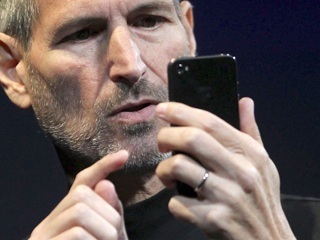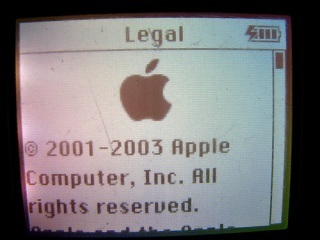 Apple and various third-party app developers, including Pandora, Dictionary.com and the Weather Channel, have been accused in a new class action lawsuit of allowing applications for iPhone and iPad devices to collect personally identifying information and transmit that data to third-party advertisers. The suit, filed in a San Jose district court and available on Scribd, says the apps collect this information with the user’s Unique Device ID (UDID) and send it along to third parties, all without the the consent of user.
Apple and various third-party app developers, including Pandora, Dictionary.com and the Weather Channel, have been accused in a new class action lawsuit of allowing applications for iPhone and iPad devices to collect personally identifying information and transmit that data to third-party advertisers. The suit, filed in a San Jose district court and available on Scribd, says the apps collect this information with the user’s Unique Device ID (UDID) and send it along to third parties, all without the the consent of user.
Apple has yet to officially comment on the lawsuit.
On pages 11 and 12 of the suit, various appmakers (and their apps), including Backflip Studios (Paper Toss), GOGII (TextPlus4), Dictionary.com, Pandora, Outfit7 (Talking Tom Cat), Sunstorm Interactive (Pumpkin Maker) are described in summary, along with charges of how they allegedly transmit user data to third parties. Here are a couple samples:
TextPlus4 is a mobile device application owned by Defendant, GOGII, Inc. TextPlus4 is a messaging application that allows users to send and receive text and picture messages. TextPlus 4 shares its users’ UDID, Age, Gender, and and/or Location (ZIP Code) with numerous third parties, including ad networks. No location based service is involved.
Pandora is a mobile device application owned by Defendant, Pandora Media, Inc. Pandora is a music application that allows users to access, stream and download digital music files. Pandora shares its users’ UDID and Age, Gender, and/or Location (City, ZIP Code and DMA Code) with third parties, including ad networks. No location based service is involved.
The only other non-Apple defendant, The Weather Channel, is specifically singled out as providing a location-based service, but is still charged with neglecting to inform users that their data is being transmitted to third parties.
All that personal information is great for ad targeting, but it could be in direct violation of established privacy protections, especially if the plaintiffs are correct in charging that users never consented to having their data shared.
Filed on behalf of Jonathan Lalo of Los Angeles, the suit seeks class action status.



















